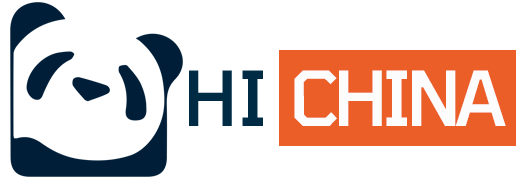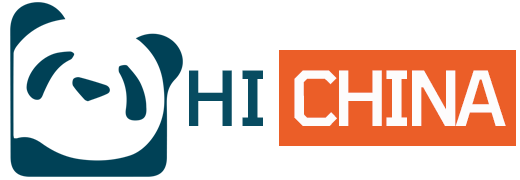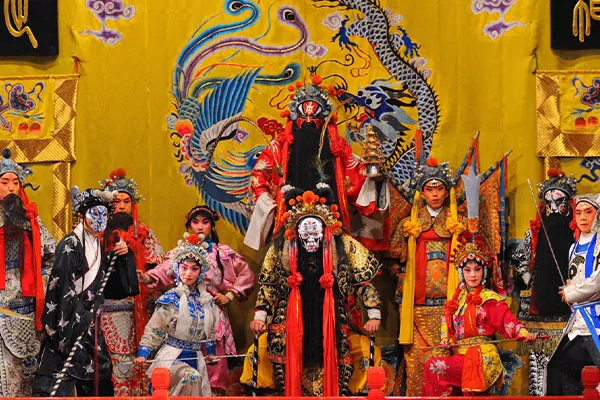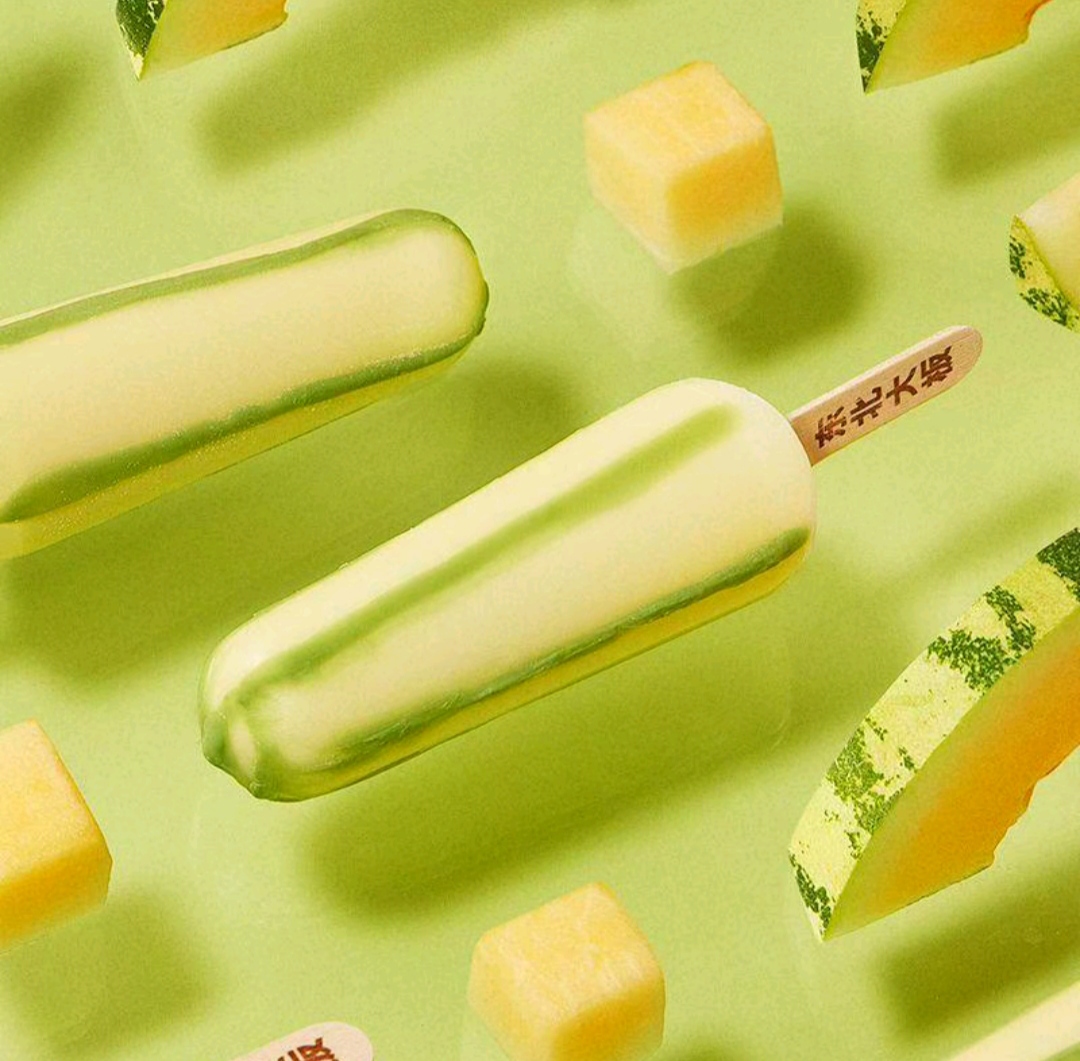Peking Opera
Peking Opera, also known as Pingju or Jingxi, is a major form of traditional Chinese theatre that originated in the late 18th century and is now considered one of China's cultural treasures. This unique art form combines music, vocal performance, mime, dance, and acrobatics, and is renowned for its elaborate costumes, facial makeup, and highly stylized acting.
Key Elements of Peking Opera
- Vocal Music: The vocal music of Peking Opera is characterized by its distinctive styles and melodies, with Erhuang and Xipi being the two main vocal types.
- Instrumental Accompaniment: The accompaniment includes both "wenchang" (musical instruments such as the huqin) and "wuchang" (percussion instruments like the drum).
- Acting Styles: The four basic acting styles are singing (chang), speaking (nian), acting (zuo), and martial arts (da).
- Roles: Peking Opera features four main types of roles: Sheng (male), Dan (female), Jing (painted face, usually male), and Chou (comic or clownish character).
Famous Performers
Peking Opera has produced numerous renowned performers, each with their unique style and contributions to the art form. Some of the most famous include:
- Mei Lanfang: Renowned for his elegant and refined performances as a Dan role performer, Mei Lanfang is considered the founder of the Mei School of Peking Opera.
- Ma Lianliang: An iconic Sheng role performer, Ma Lianliang is celebrated for his deep and resonant voice and his contributions to the Ma School of Peking Opera.
- Li Shaochun: A versatile performer known for his expertise in both Wusheng (martial arts-oriented male roles) and Laosheng (older male roles), Li Shaochun is the founder of the Li School of Peking Opera.
Schools and Styles
Peking Opera has developed into various schools and styles, each with its unique characteristics and performance techniques:
- Mei School: Characterized by elegant and refined performances, with a focus on female roles.
- Cheng School: Known for its deep and emotional performances, with a particular emphasis on female roles that convey complex emotions.
- Xun School: Emphasizes natural and down-to-earth performances, with a focus on female roles that showcase everyday life.
- Shang School: Renowned for its energetic and dynamic performances, particularly in martial arts-oriented roles.
Other notable schools include the Ma School (focused on male roles with a strong vocal presence), the Yu School (known for its high-pitched and powerful singing), and the Yan School (characterized by its soft and melodic singing).
Major Repertories
Peking Opera boasts a vast repertory of classic and contemporary works, including:
- San Cha Kou
- Si Lang Tan Mu
- Wen Zhao Guan
- Kong Cheng Ji
- Qun Ying Hui
- Jie Dong Feng
- Ba Wang Bie Ji
- Gui Fei Zui Jiu
These works showcase the diverse themes, characters, and performance styles of Peking Opera.
Global Impact
Peking Opera has had a significant impact on global cultural exchange and understanding. It has been featured in international festivals, performances, and cultural exchanges, introducing audiences worldwide to the rich traditions and artistic expressions of Chinese culture. Many foreign performers and audiences have been fascinated by the intricate costumes, facial makeup, and highly stylized acting of Peking Opera, leading to increased interest and appreciation for this unique art form.
Glossary (中英文对照)
| English | Chinese |
|---|---|
| Peking Opera | 京剧 |
| Erhuang | 二簧 |
| Xipi | 西皮 |
| Wenchang | 文场 |
| Wuchang | 武场 |
| Sheng Role | 生角 |
| Dan Role | 旦角 |
| Jing Role | 净角 |
| Chou Role | 丑角 |
| Mei School | 梅派 |
| Cheng School | 程派 |
| Xun School | 荀派 |
| Shang School | 尚派 |
| Repertory | 曲目 |








